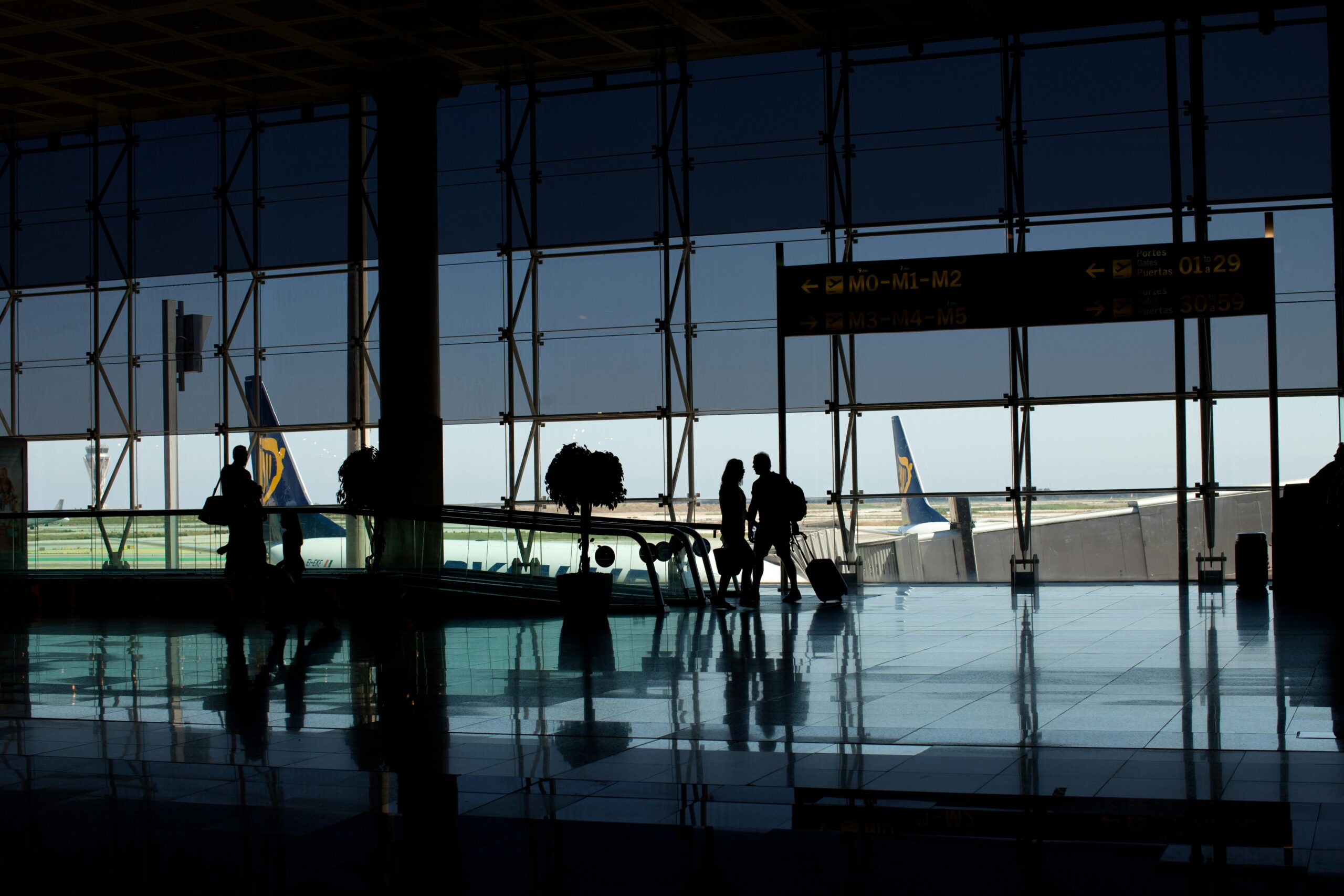A new travel ban targeting 12 countries officially went into effect Monday following an announcement from former President Donald Trump last week, who cited national security and public safety concerns as the rationale behind the move.
The travel restrictions apply to citizens from 12 countries, primarily in Africa and the Middle East. The ban also includes heightened restrictions for travelers from seven additional nations.
Countries directly impacted by the ban:
Afghanistan
Myanmar
Chad
Congo-Brazzaville
Equatorial Guinea
Eritrea
Haiti
Iran
Libya
Somalia
Sudan
Yemen
Citizens of these countries who have not already been issued U.S. visas will now face new restrictions. Visas issued before Monday will remain valid and will not be revoked under the new directive. However, unless applicants meet specific exemption criteria, their applications will now be denied.
Exemptions include lawful permanent residents, current visa holders, and individuals whose entry is deemed in the national interest of the U.S., such as diplomats and U.S. government employees.
Additional Restrictions
The policy also tightens travel restrictions for individuals from the following seven countries who are outside the U.S. and lack valid visas:
Burundi
Cuba
Laos
Sierra Leone
Togo
Turkmenistan
Venezuela
In a social media video posted Wednesday, Trump justified the move by claiming that nationals from these countries pose “terrorism related” and “public safety” risks, and are at risk of overstaying their visas. He also referenced a recent antisemitic attack in Boulder, Colorado, as a contributing factor to the decision.
Political and Public Response
The announcement comes amid increased scrutiny of immigration enforcement policies, especially in cities like Los Angeles, where protests have escalated following the deployment of the National Guard over the weekend.
In Florida, several lawmakers voiced their opposition to the ban, including State Rep. Anna V. Eskamani, who held a virtual press conference on Friday to denounce the measure.
“This travel ban does nothing to make us safer. What it does do is tear families apart, block students and professionals from opportunities, disrupt our economy and target people based on where they come from, not who they are. And again, we have been here before, the courts, the public and history have shown us that these bans are discriminatory in nature,” Eskamani, who represents Florida’s 42nd District said.
Background
The current policy draws parallels to Trump’s 2017 travel ban, which restricted entry from several majority-Muslim countries during his first term. That policy was repealed in 2021 by President Joe Biden.
The new travel ban is expected to face legal and political challenges as critics argue it is discriminatory and counterproductive to U.S. diplomatic and economic interests. Supporters, however, view it as a necessary step to enhance national security and tighten border controls.





Comments